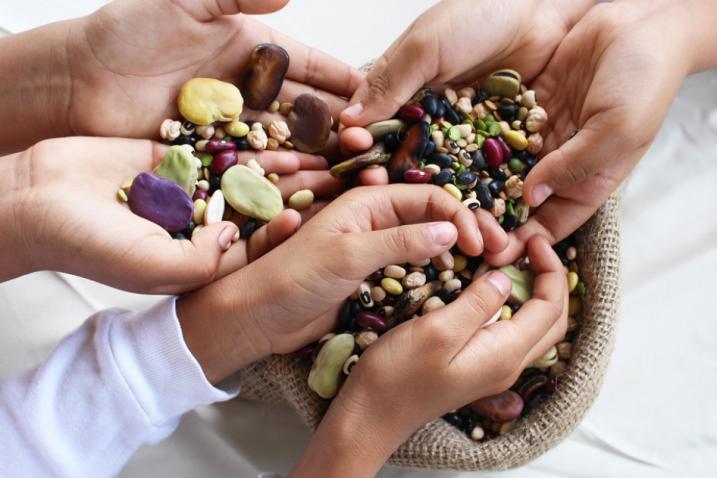Recognizing their value, on 20 December 2013, the UN General Assembly adopted a resolution (A/RES/68/231) proclaiming 2016 as the International Year of Pulses (IYP).
The celebration of the year, led by the Food and Agriculture Organization of the United Nations (FAO), increased the public awareness of the nutritional and environmental benefits of pulses as part of sustainable food production.
Building on the success of the International Year of Pulses and recognizing their potential to further achieve the 2030 Agenda for Sustainable Development, with particular relevance to Sustainable Development Goals 1, 2, 3, 5, 8, 12, 13, and 15, Burkina Faso proposed the observance of World Pulses Day.
In 2019, the General Assembly proclaimed 10 February as World Pulses Day.
The celebration this year under the theme #LovePulses for a healthy diet and planet will be an opportunity to raise awareness and recognize the contribution of pulses to sustainable food systems and healthy diets.
Pulses, also known as legumes, are the edible seeds of leguminous plants cultivated for food. Dried beans, lentils, and peas are the most commonly known and consumed types of pulses.
Pulses do not include crops that are harvested green (e.g. green peas, green beans)—these are classified as vegetable crops. Also excluded are those crops used mainly for oil extraction (e.g. soybean and groundnuts) and leguminous crops that are used exclusively for sowing purposes (e.g. seeds of clover and alfalfa).
Source: Mybrytfmonline/Kofi Atakora




















































